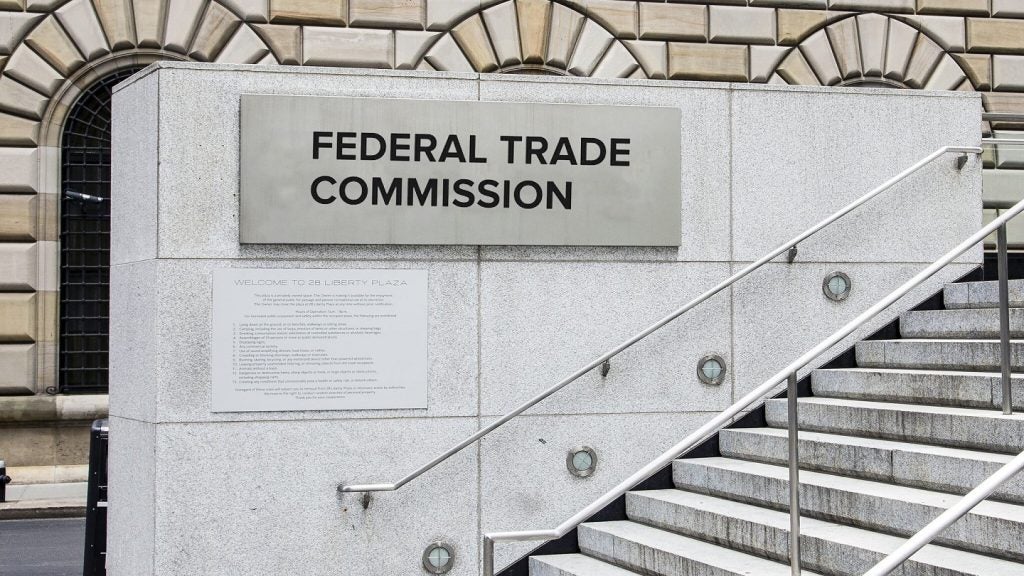The US Federal Trade Commission (FTC) and attorneys general of 17 states have sued Amazon over allegations of illegally maintaining monopoly power.
In a statement, The FTC said that the retailer leverages a set of interlocking anticompetitive and unfair strategies to manipulate prices and stifle competition for consumers and businesses.
These actions prevent rivals and sellers from lowering prices, reducing quality for shoppers and overcharging sellers.
In a lawsuit filed in the US District Court for the Western District of Washington, the FTC and its state partners called for the court to issue a permanent injunction ordering Amazon to stop the illegal practices.
FTC Chair Lina Khan said: “Our complaint lays out how Amazon has used a set of punitive and coercive tactics to unlawfully maintain its monopolies.
“The complaint sets forth detailed allegations noting how Amazon is now exploiting its monopoly power to enrich itself while raising prices and degrading service for the tens of millions of American families who shop on its platform and the hundreds of thousands of businesses that rely on Amazon to reach them.
“Today’s lawsuit seeks to hold Amazon to account for these monopolistic practices and restore the lost promise of free and fair competition.”
According to a report by the BBC, Amazon said that the FTC lawsuit would result in price inflation and an increase in the time taken for delivery.
It would also mean fewer products to choose from.
In July this year, Spain’s antitrust regulator CNMC fined e-commerce giant Amazon and iPhone manufacturer Apple a combined €194.1m ($218.03m) for restricting competition on the Amazon website in Spain.















